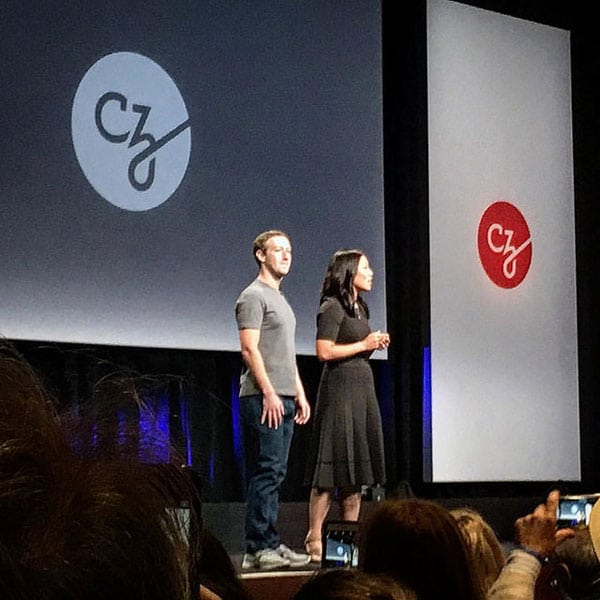
September 6, 2018; Chalkbeat
The good news is that over the past three years, the Chan Zuckerberg Initiative (CZI) has given over $300 million in grants to support efforts it believes will improve the nation’s schools. This level of funding makes it, according to Chalkbeat, the third-largest private education funder in the nation, trailing only the Gates and Walton Foundations. But in this case, we have the extra twist of non-transparency because of the Initiative’s unusual LLC status.
CZI, which NPQ has followed since its inception, is the mechanism Facebook founder Mark Zuckerberg and his wife created to manage their commitment to use 90 percent of their wealth toward efforts to improve the world. They chose to structure the Initiative as a limited liability corporation (LLC) and not as a philanthropic foundation to provide flexibility in where and how these funds are directed. In addition to flexibility, as we are now learning, this decision brings the ability to limit transparency, or how much information is made available about its operations and how its wealth is used. These limits make CZI less accountable for the impact of how it invests its wealth.
We now think we know how much CZI has invested in education because Chalkbeat started digging, but CZI was only willing to provide details on a third of its total giving, offering information about 19 specific projects. Chalkbeat went deeper and “compiled its own list of over 50 groups that have received grants from CZI since 2016. Of the $308 million CZI says it has given away Chalkbeat was able to account for roughly 45 percent.”
Beyond the privacy protection its LLC structure provides, Chalkbeat found that CZI also chose to take advantage of the tax benefits and additional protection afforded by a donor-advised fund at the Silicon Valley Community Foundation. “Chan and Zuckerberg have run approximately $1.75 billion” through the foundation, layering yet another non-transparent giving device on top of the LLC.
From the information Chalkbeat unearthed, we can see CZI knows what it wants to accomplish:
The organizations receiving money from the Chan Zuckerberg Initiative illustrate the scope of CZI’s efforts to personalize learning, the central focus of its known education giving…CZI’s giving includes expanding the use of technology in schools so that students can learn at their own pace or teachers can closely track student progress.
Sign up for our free newsletters
Subscribe to NPQ's newsletters to have our top stories delivered directly to your inbox.
By signing up, you agree to our privacy policy and terms of use, and to receive messages from NPQ and our partners.
CZI has also defined personalized learning as including “social-emotional and interpersonal skills, mental and physical health, and a child’s confident progress toward a sense of purpose.”
However, having a clear philosophy behind its giving does not make them different; other large foundations have had specific objectives for their funding. The Gates Foundation has tried to move public education in a series of specific directions, and both it and the Walton Family have invested heavily in creating market-based systems of public education. But unlike CZI, both have been very public about their intent, listing their grants on their websites. To date, CZI has not done this.
According to Chalkbeat, “the organization says its approach is changing.”
“We have begun sharing our learnings to date with the education community and news media as part of our commitment to transparency,” spokesperson Dakarai Aarons said in a statement. “As we continue to build our strategy and systems, we plan to share more information about our grants in the future in a way that respects our grantees and community partners.”
When CZI was formed, NPQ raised concerns about its approach to philanthropy. The LLC structure made its public accountability a private matter: “This lack of oversight and the ability to freely use funds to affect public policy become toxic when combined with the growing concentration of wealth in the hands of a small slice of the American public.”
NPQ also recently wrote about the use of DAFs to mask accountability: “In the end…it cannot expect the public to continue to take it on faith that these bodies are managed to the highest ethical standards without more assurances than exist now.” What we now know about CZI tells us this is also true for LLCs. As they grow, so will the urgency of this concern.—Martin Levine












